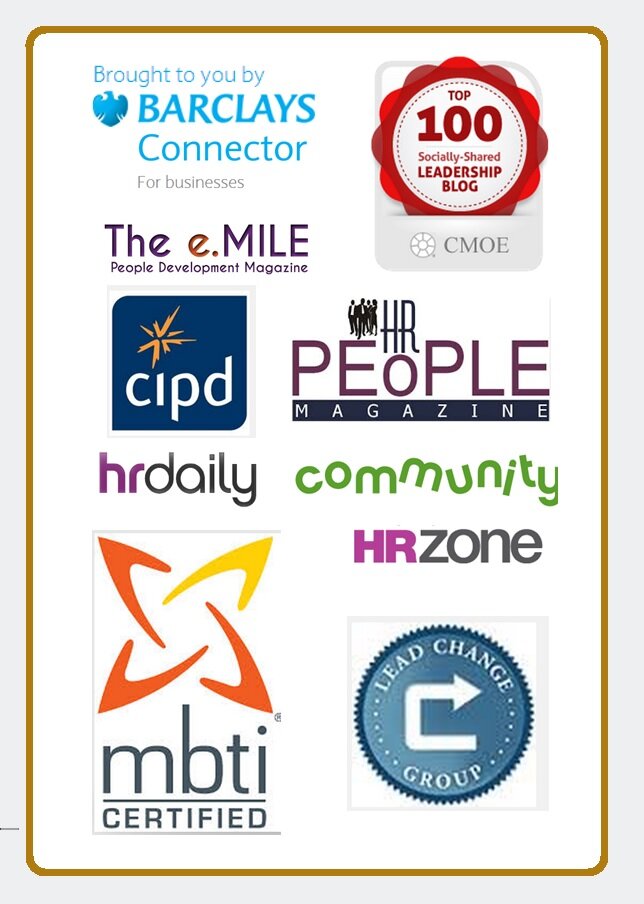 To alleviate stress, you have to strike an equal balance between work, rest and play.
To alleviate stress, you have to strike an equal balance between work, rest and play.
I write a lot about inspiration and what leaders should be doing well. I am always keen to describe how we should have vision and be using reaching strategies and behaviours to make things happen. Big action is often my cry. I’m a big advocate of emotional intelligence, intellectual dexterity; resilience, unity consciousness and how we relate to each other for example.
I read and share a plethora of intellectual, insightful and inspirational articles and blogs about what makes a great leader, manager, boss, HR Director or whoever may be paving the way for others. is a passion.
There are many people out there who tell us how to live our lives and what to strive for, how to do things well, improve, be better, be best, and yes I do that too.
For the majority of the time, I love it. I love finding new ways to motivate interest, excel and go the extra mile.
But there are times, when thinking about how efficient we should be, or how much we should challenge and push ourselves that sometimes; just sometimes it’s great to be just ok, in the here and now, right now, without any wish to be, do or think anything else.
The world is mostly in a queue, a whirlwind, aspiring to something, wanting to improve, getting better results, being more honest, moving forward, changing at the speed of light, a hive of activity which can be true in our personal lives as well as at work.
Stress is one of the biggest reasons for absence and one of the biggest costs of presenteeism at work. There are a number of causes of stress, and most of them caused as we live out the challenges of moving quickly, changing lives, work, roles, partners, houses, jobs, and the way we do things and there are many more.
And we don’t really have much choice. Unless everyone stood still at once, we need to keep up with it all, or risk being left behind, and that is our fear and why we tolerate stress often.
Sometimes though we need to stop and do something different. Oh the sweet relief of taking time out. Taking time out is important for anyone, whether you are a leader, a team member, stay at home or business owner. The world would be a better place, if everyone gave themselves a real break. So if you are endlessly busy and the adrenaline is wearing thin. Or you are too busy, too worried, stressed or in the throes of any kind of change: The following are some of my suggestions about how you can give yourself a respite from the madness of your daily life:
- Accept everything completely as it is and make a decision just for even half day or so, not to wish for anything different. Just accept and surrender to where you are right now. Stop wanting people, situations or ourselves to be different. You don’t have to be happy about “what is” just make a decision not to be unhappy about it. That’s called being at Peace. And it’s refreshing.
- Be with yourself: Watch yourself, feel your feelings, if you feel happy indulge yourself and let yourself really feel the happiness. If you feel sad, then give yourself permission to. Know it isn’t going to destroy you. Feel negative emotions instead of repressing them, just don’t act on them. Your emotions are simply a guidance system. If they are happy you are on the right track, if sad they are telling you that there is something you believe which is not true about yourself. Feeling and releasing negative emotions can feel brilliant, as long as you don’t wallow in them and don’t identify them as being who you really are.
- Breathe; get away from the hustle and bustle if you can. Breathe in some healthy fresh air and enjoy the feeling of taking the air into your lungs and right into your body. When you are breathing you are relaxing your body, and giving it a rest. Conscious breathing is like having an inward shower, all your cells and your being benefits.
- Meditate: For years I struggled with being able to meditate. I read all of the guidance and yes of course when I tried to stop thinking, the thoughts crowded in. Once I realised the true purpose of meditating is to focus on the gap between the thoughts I cracked it. The beauty of concentrating on the gap is twofold. Firstly you are in touch with your higher self who is all powerful and wise; and secondly, by being in the gap between your thoughts you are actually giving yourself a well-earned break. Thoughts are energy and too much thinking depletes us, yes even if most of our thoughts are happy ones.
- Appreciate: Gratitude is a brilliant state to be in. Appreciation is even better because you tend to be grateful for something you have or have earned, or have been given. You can appreciate situations, people and stories which have nothing to do with you and as a result you are simply being appreciative of the world around you. Appreciation is akin to real love because real love is unconditional, all-encompassing and not limited to the personal self. Therefore feeling appreciation is restful, energising and soothing.
So go on, give yourself some much needed time off and practice some of the relaxing ways of “being” described. If you have your own ways of de-stressing or relaxing please do let me know, I’d love to hear from you.
If you are a leader, you are continually developing and "Sharpening the Saw". If you lead and manage teams, then you must read about our Inspirational New Leadership Programme. Sign up now to find out more details when we launch in July 2014. There is no obligation to undertake the programme, if you sign up today, you will simply be sent more information about the programme. You can unsubscribe at any time! Click below to register for further information.

 Everyone has this power, some of us just don’t realise it.
Everyone has this power, some of us just don’t realise it.






